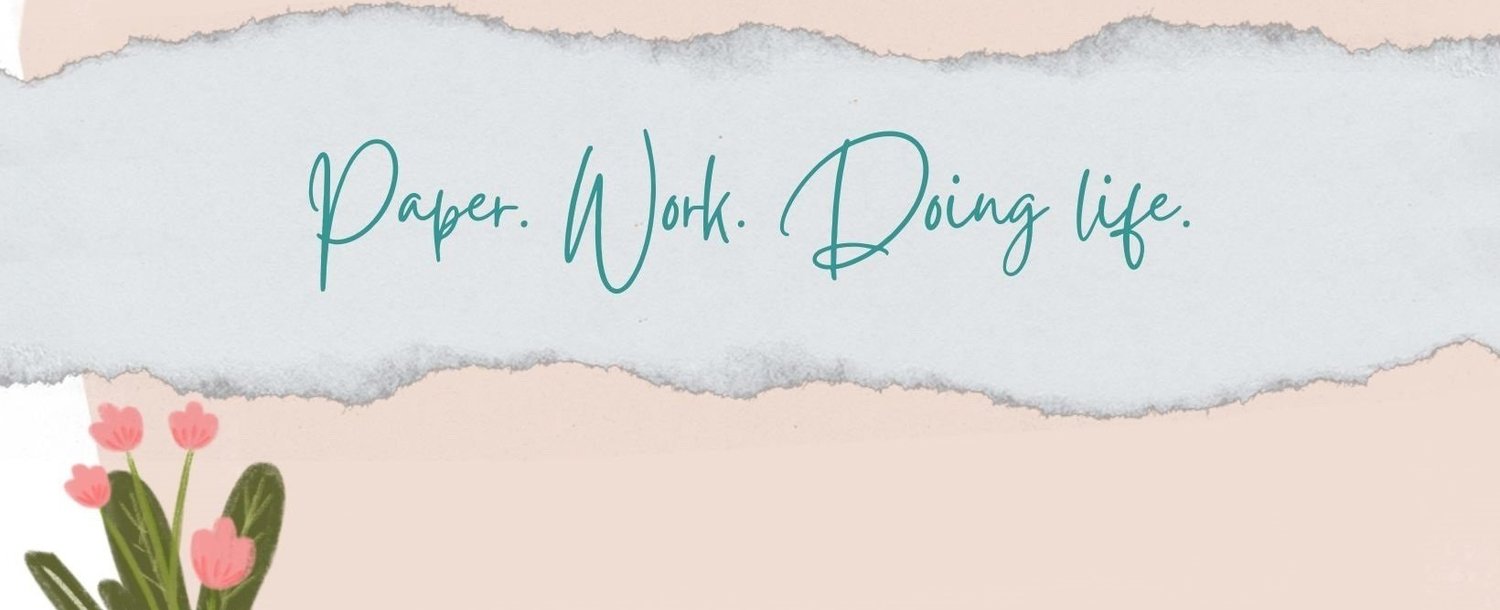Demon Copperhead
Demon Copperhead - Barbara Kingsolver; read by Charlie Thurston
I’m not here to “review” Demon Copperhead by Barbara Kingsolver. This title has been reviewed by many finer and more well trained minds than mine. Further, I’m a little late to the discussion because I was on the waiting list at my library for sooooo looonnggg. (I’m not complaining, I’m a fan of the Libby app, but rarely can I be cutting edge with my thoughts.) But yet, I feel compelled to talk about how I felt while reading the audio version of this book.
I will be seeking this book in print. I don’t often take the time to reread a book, but this one requires another look from me. In part because I hear these gems that I want to highlight and write down somewhere. I haven’t found a good way to do that with an audiobook often because I’m driving. I last did this for Anthony Doerr’s Cloud Cuckoo Land.
Why? Honestly at first I was underwhelmed by Demon. I’m not sure why. He was funny and honest and heartbreaking. I also was overwhelmed by the circumstances of his life - unreliable though loving mom, abusive stepfather, horrendous experiences in foster care, opioids, crime, racism, poverty. I can remember whining in my head too much - Kingsolver has just taken on too much. I wanted things to magically improve for Demon. I wanted him to find a way with zero consistent examples to make better decisions to walk himself out of the life that he was in. This, I think, was partially my teacher brain at work. We see kids for 42 minutes a day and want to inspire them to want to study, to make good choices, to plan for the future. And certainly we have some understanding of the rest of their lives. I can remember berating a student for incomplete homework only to find out later that he had been his mom’s chauffeur for a night of bar hopping. He couldn’t get the work done in the car (before cell phones and constant connectivity). Demon recalled to me my helplessness to decide what was important in those moments.
So what happened? I started seeing the patterns and the characters started educating me (cue Aunt June, Mr. Armstrong and Stacy) about the life that Demon was in. Demon himself talked about the connections and the losses and the beauty and the sadness that he found in difficult place after difficult place. He talked honestly about his mistakes - genuinely working to reflect placing blame when necessary and accepting blame as appropriate. Did he still drive me nuts sometimes? He did. However, I found myself rooting for him more and more - needing this one kid to make it to a better life as many around him fell. For the first time I felt like I had the tiniest sense of the complexity of the students I had been dealing with for years. I had, of course, studied their issues academically. I attended the trainings, and I read the books. But getting to know Demon taught me more than all of that.
Getting to know Demon was largely a result of Charlie Thurston’s first person performance of Kingsolver’s excellently crafted work. She weaves together humor, heartache, hope, and anger in a way that feels impossible and Thurston delivers these emotions impeccably. Demon’s voice is…well…Demon’s voice. I am roughly from the area of the country that Demon is, and his voice created by Thurston was just right. I could know him. She works in humor in a way that feels impossible and Thurston delivers it impeccably. I know that I will hear Thurston’s voice when I finally get the print copy to review. I often pick audio books based on who is the reader/performer, and I will look for Thurston to be sure.
While I am no longer in the full time teaching game, I need also to work toward educating myself more clearly about the issues raised in Demon Copperhead. Early in the book I felt like Kingsolver was being heavy handed, and now I’m thinking maybe she is heavy handed because as a culture we just aren’t getting what is happening in Appalachia and to the kids who are growing up there (or maybe I just felt it was heavy handed because I didn’t know) . We need more Junes and Mr. Armstrongs and Stacys. We need to find ways to do education differently. I’ve known that for a bit and am not sure what the answer is, but I do think all educators should get to know Demon. If I were doing teacher prep courses Demon Copperhead would be required reading. And although these are not my areas of expertise, perhaps doctors, case workers, and politicians should read it too. Policy - imagine taking the time to create actual policy to support communities.
